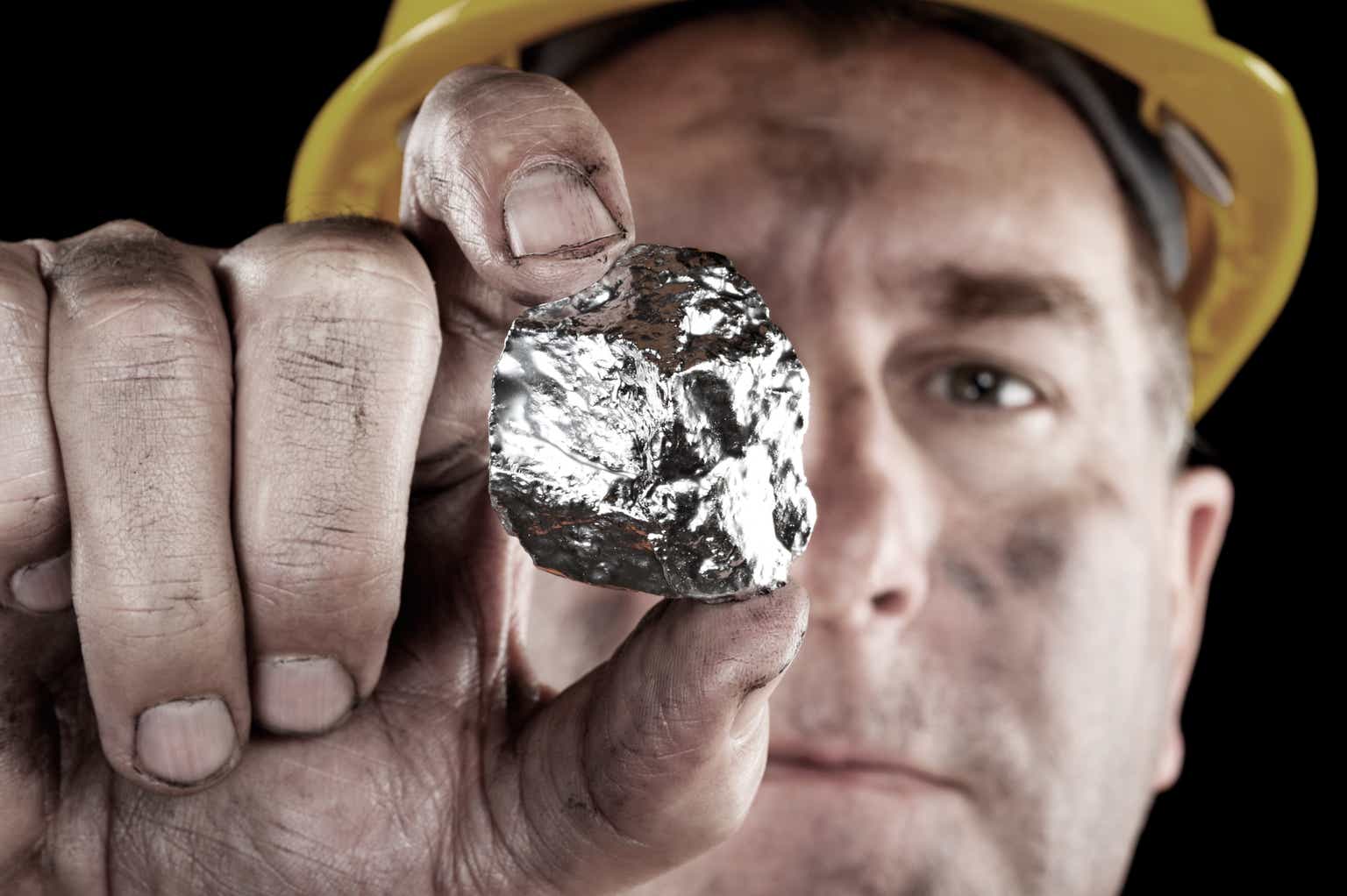New research challenges belief that taurine supplements support longevity
A new study has found that taurine levels were not consistently associated with health outcomes.

Taurine, most commonly known as a main ingredient in energy drinks like Red Bull, is also a favorite supplement of biohackers: Bryan Johnson is a proponent, and includes it as an ingredient in his proprietary Longevity Mix. On TikTok, taurine receives accolades for being “the most underrated supplement in the world” and “the magic pill you’ve been looking for.”
Much of that was based on 2023 research which found that it improved multiple age-related traits and extended lifespan in worms and mice, despite there being no solid clinical data to show it had the same benefits in humans.
Now, a new study published in Science has found flaws with how that research looked at the data—and that taurine levels either went up or remained unchanged with age in humans and two other mammals, suggesting that declining taurine is not a universal biomarker of aging.
“We clearly show that there’s no need for taurine supplementation as long as you have a healthy diet,” co-author Rafael de Cabo, a gerontologist at the National Institute on Aging, told Nature.
What prompted the research, he explained in a National Institute of Health news release, was the recent research article on taurine, which “led us to evaluate this molecule as a potential biomarker of aging in multiple species.”
The previous study on taurine was cross-sectional in design, meaning that it collected data from animals of different ages at a single point in time; the new research took samples from the same individuals over time.
They used data from the Baltimore Longitudinal Study of Aging to examine taurine concentrations in blood collected from humans (ages 26 and over), rhesus monkeys, and mice, finding that the concentrations increased in all age groups (except in male mice, where it remained unchanged). They observed similar age-related taurine concentrations in data from two other studies.
“On the basis of these findings, we conclude that low circulating taurine concentrations are unlikely to serve as a good biomarker of aging,” the researchers wrote in an article about the findings published in Science.
The results, they note, “yield a more complex picture” than previously thought, and the effectiveness of taurine supplements for longevity likely depends on a range of individual factors.
Below, all you need to know about taurine.
What is taurine?
Taurine (2-aminoethane-sulfonic acid) is an amino acid—an organic compound used to make proteins, nine of which are essential. Taurine, though, is considered “conditionally essential,” meaning that your body makes enough on its own, and it’s only in certain extreme conditions (such as with heart disease or kidney failure) that the body’s demand for them exceeds the ability to produce them.
It plays a significant part in heart health, brain health, insulin sensitivity, electrolyte balance, hearing, and immune system regulation.
Most animal-based food sources contain taurine, including beef, poultry, shellfish, eggs, and dairy. Vegan sources include seaweed and red algae, or supplements containing synthetic taurine that has been made in a lab.
What is taurine good for?
Taurine supports brain function, metabolism, vision, and immune system—with potential benefits, depending on more research, for heart function, diabetes management, and exercise performance due to its possibly increasing oxygen intake, according to the Cleveland Clinic.
But regarding supplementation, registered dietitian Julia Zumpano told the Cleveland Clinic, “For the most part, people are either consuming enough protein or your body is adjusting to make sure you’re getting what you need by creating and making taurine out of the other amino acids.” That includes vegans, she said.
“Now, if someone got tested and they were low on taurine or any of the other amino acids,” Zumpano added, “then I may recommend a supplementation trial, or a diet change that would better support those amino acids.”
This story was originally featured on Fortune.com



















































































































































































